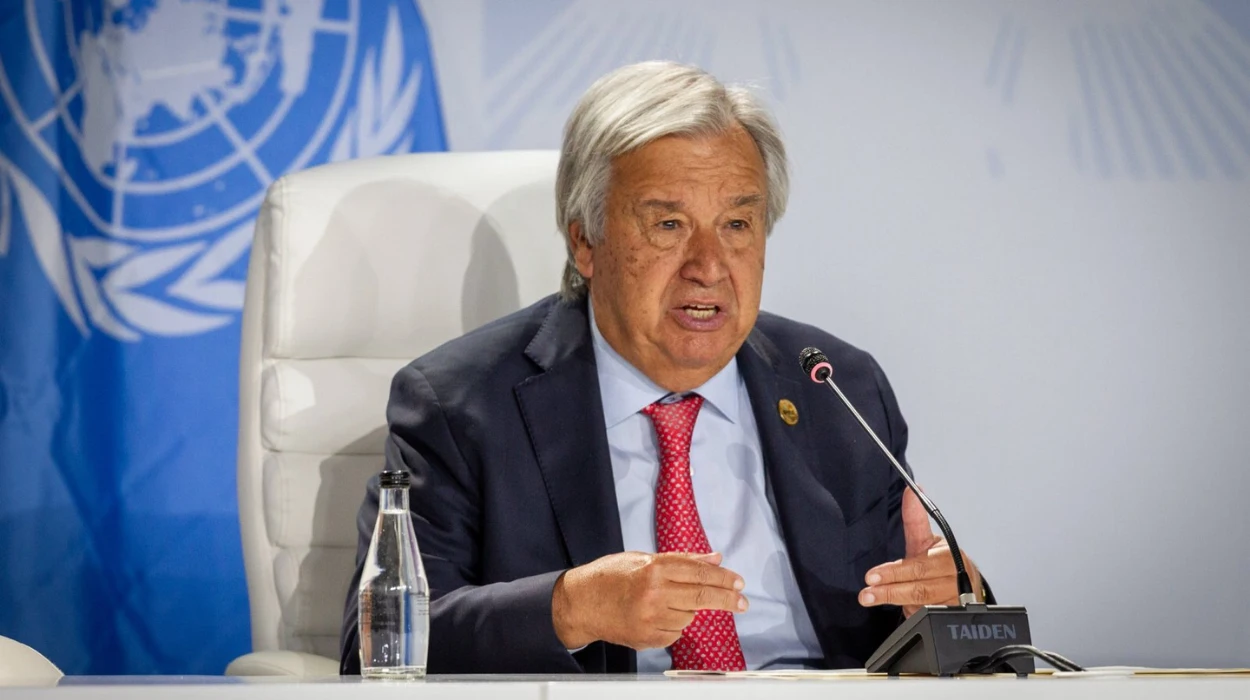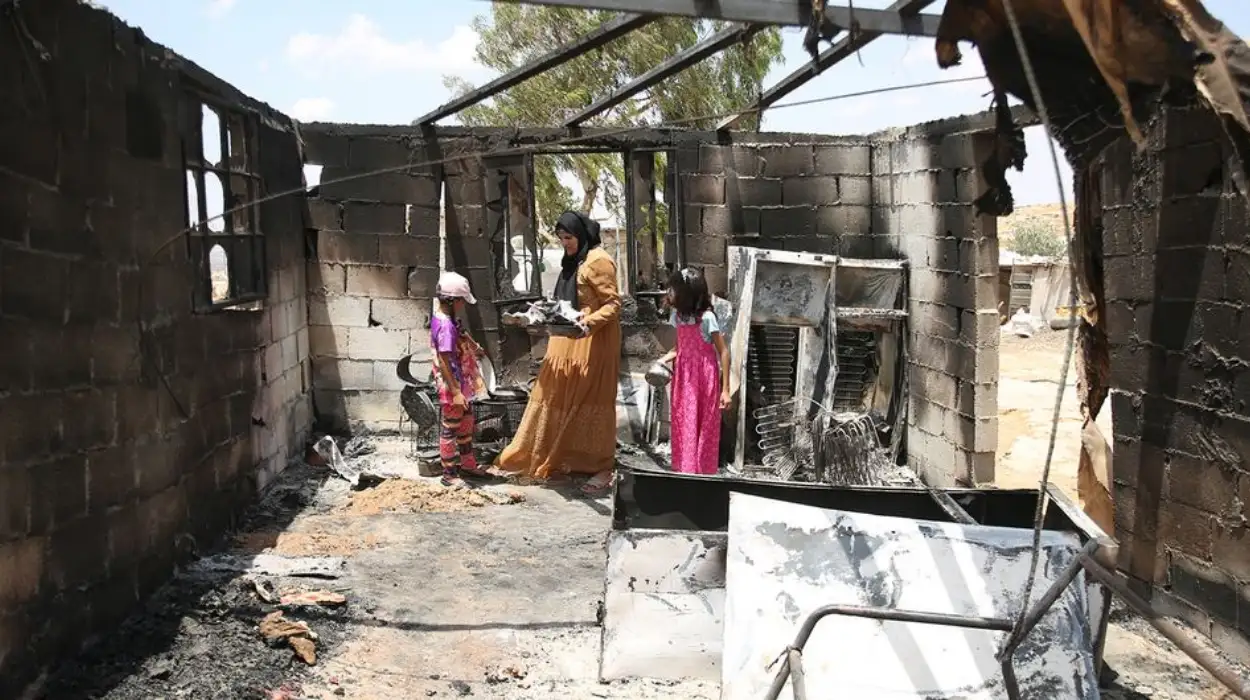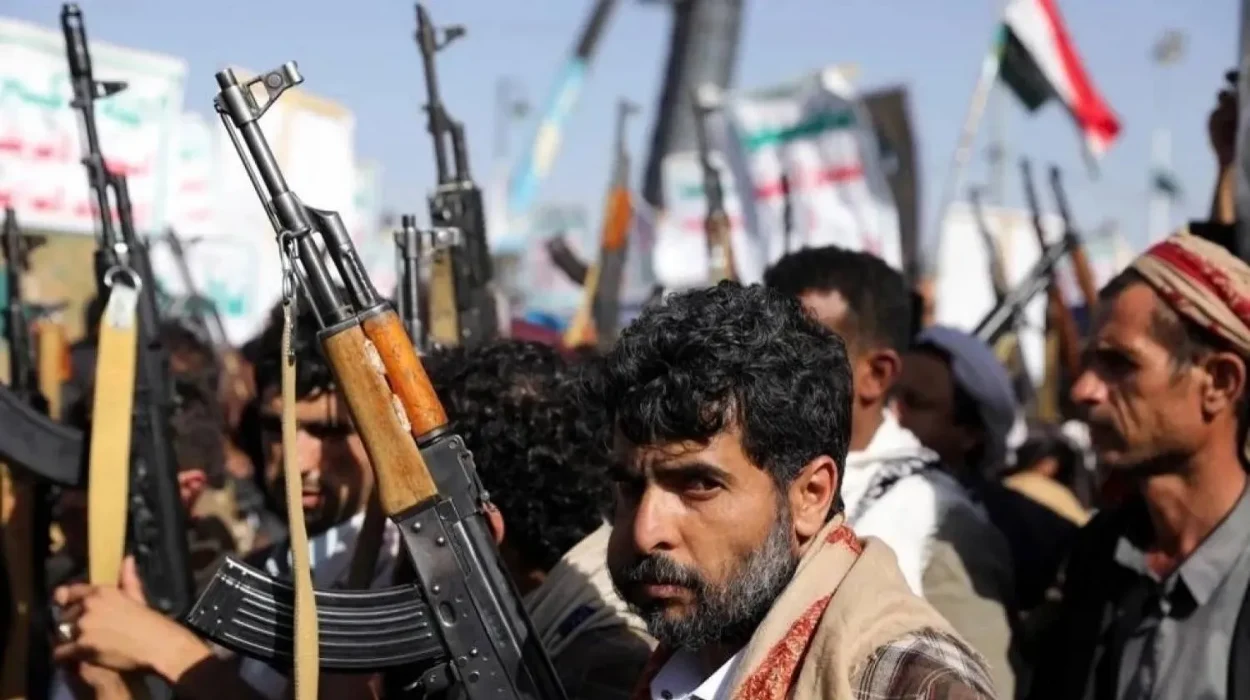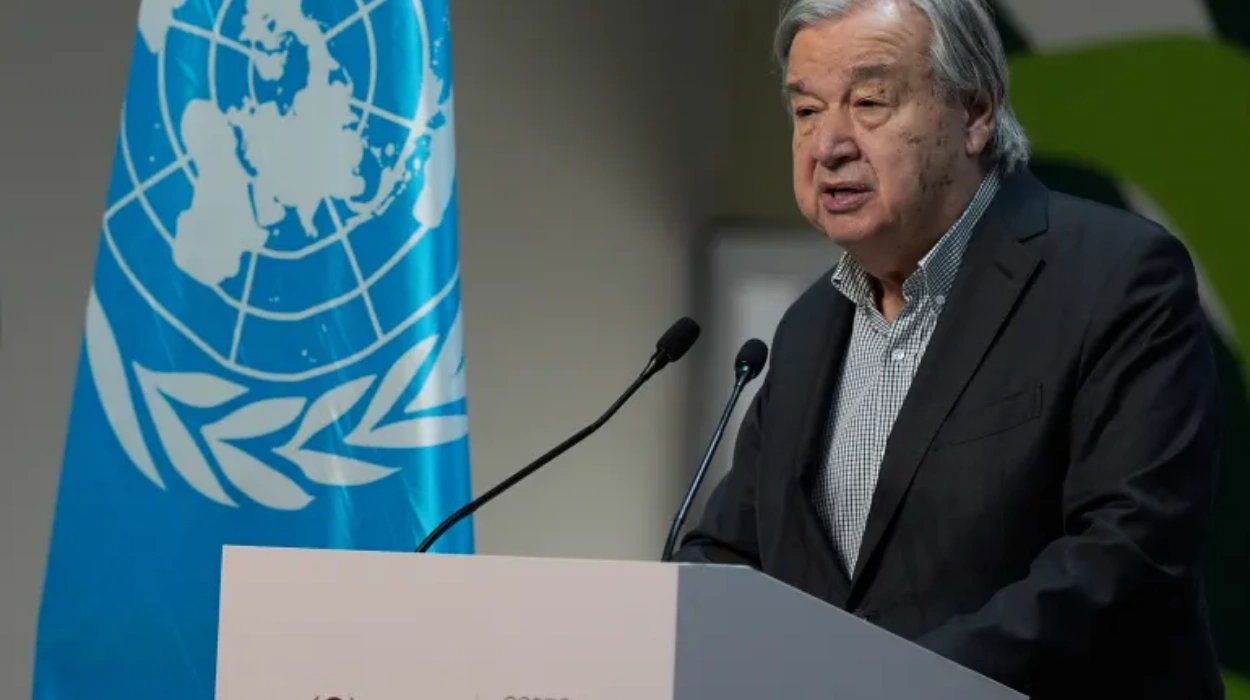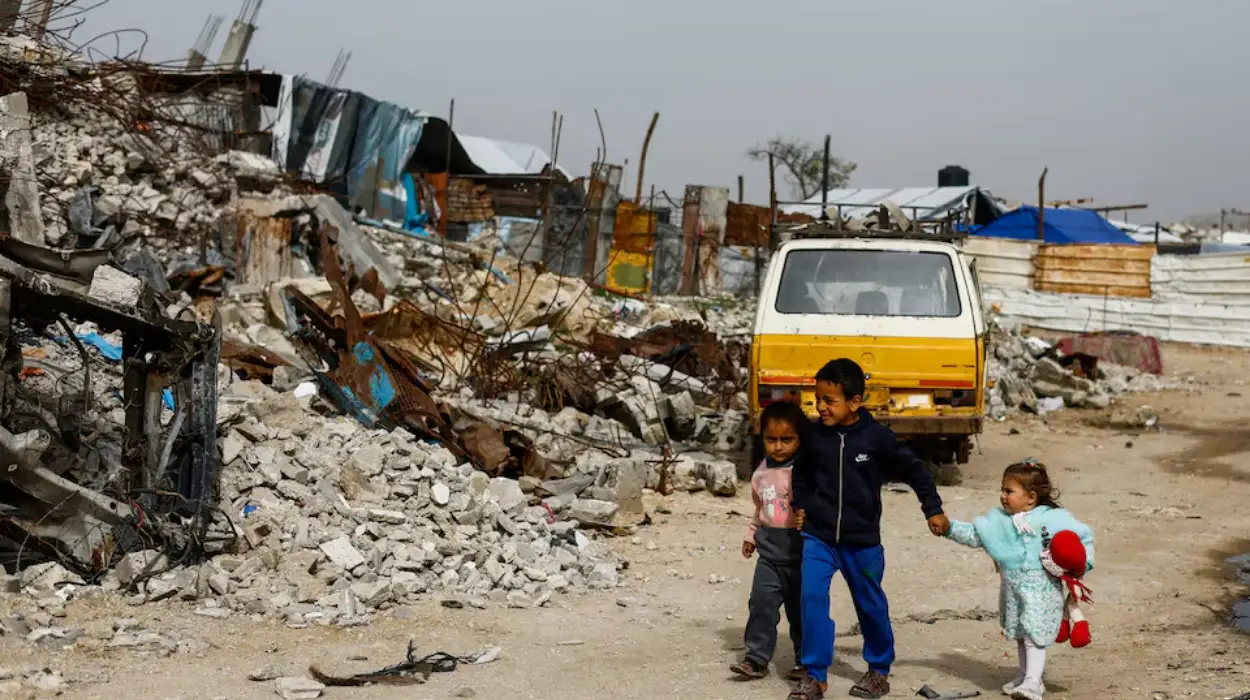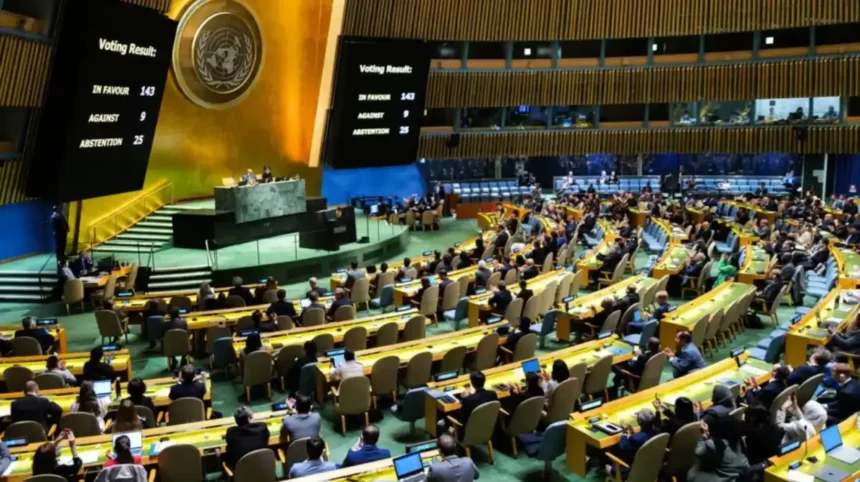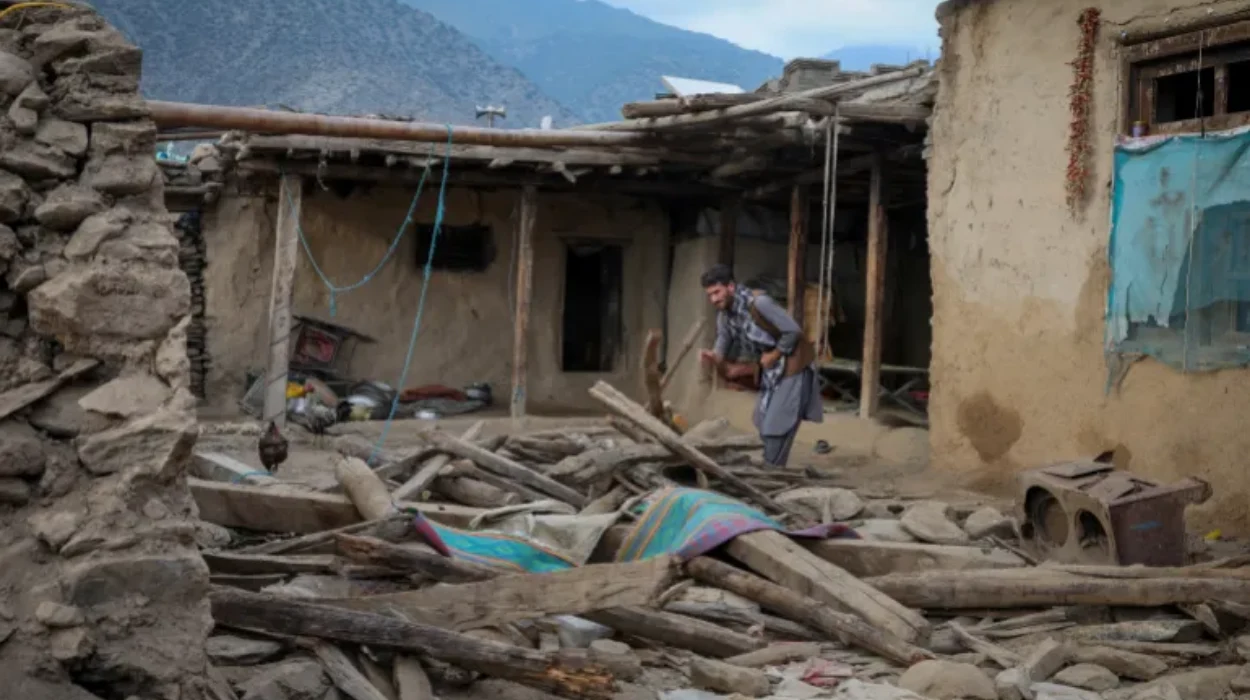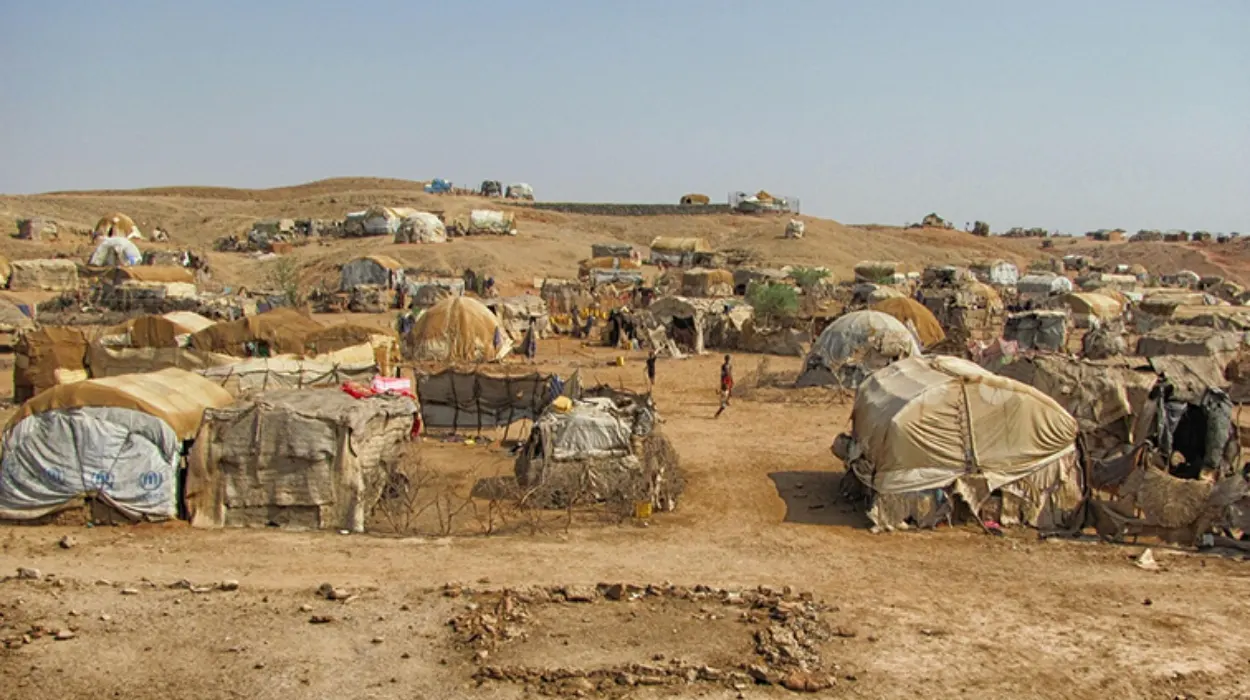On May 11, 1949, Israel was granted full membership in the United Nations, after a controversial debate whose premise was the implication of the 1947 UN Partition Plan. The creation of Jewish and Arab state without being dependent on one another in British Mandate Palestine had been suggested in the General Assembly Resolution 181. Resolution 273 was used to admit Israel to the UN by a 37 to 12 vote against, and 9 abstentions.
Membership in the UN has been a thorn in the flesh of Israel ever since. The key to it is the ongoing Israeli-Palestinian conflict and a certain set of disputes about boundaries, the growth of settlements and the situation with occupied territory. By mid-2024, Israel was recognised by 164 of 192 of the UN member states. Even this has not helped it escape the regular listing and condemnation at the international level, where Israel has regularly been the focus of discussions about adherence to international law and humanitarian standards.
Balancing Israel’s Security with Sovereignty Amid Conflict
The national security of Israel shapes its foreign policy as well as the rationale behind most of its military actions. Article 51 of the UN Charter is regularly cited by Israeli officials when they defend their operations against militant groups in Gaza, West Bank, Lebanon and Syria. Israel believes that its security cannot be compromised and that its status as a member of the UN is a necessary platform on which sovereignty can be reasserted in the presence of asymmetric threats.
Israel has carried out several operations in the last few years to stifle rocket fire, hostage takings, and militant activity. In its opinion, it is needed to protect citizens from threats to their existence itself, with enemy forces present in the neighborhood and having a history of local wars. But these policies go uncomfortably beyond international scrutiny, especially when civilian life and property are at stake.
Disproportionate Force and UN Criticism
Israel’s military interventions have been highly criticized all over the world. Various UN reports and special rapporteurs have expressed concern over the Israel proportionality of the reaction, especially in Gaza. During military operations, civilian infrastructure has often been targeted in refugee camps and schools, as well as hospitals, attracting war crimes allegations. These threats compromise the balance between security and human rights in particular when considered as recurring trends and not singular occurrences.
The Security Council and the Human Rights Council differ in their attitude to such accusations. Whilst certain nations are insisting that Israel should face some form of account with Geneva Convention and other obligatory conventions infringements, others are citing the bigger asymmetric warfare and terrorism environment. This has intensified the argument regarding the place of Israel in the UN system.
Palestinian Statehood and UN Recognition Dynamics
In May 2024, the UN general assembly voted by a wide margin to support the full membership of Palestine in the UN. The gesture, which was more symbolic in most aspects, marked the continued endorsement of Palestinian self-determination by a broad cross-section of nations. However the resolution will one day be turned into reality in the shape of official membership which will be vetoed in the Security Council by the veto-holding members.
Israel and its associates insist that Palestinian statehood has to be a negotiated rather than unilateral venture at the UN. Supporting states, in turn, make the argument that years of wasted diplomacy and growing settlement activity have created this necessity of such recognition to keep alive any hope of peace. The stalemate is a credit to the difficulty in striking a compromise between legal principles, political imperatives and strategic interests in international institutions.
European Policy Shifts and Regional Impact
Diplomacy has been redefined by recent French and Belgian pronouncements in 2025, including steps to contain Palestinian statehood acknowledgment and impose financial sanctions on Israel. Such actions are a turning point in European policy, which has historically been more about mediating than penalizing. The consequences are being experienced at the UN, where pressures to take more decisive action regarding what is going on in the occupied territories are mounting.
Meanwhile, these policy actions have also proven controversial regarding the role played by the UN to control or even initiate tensions. The capacity of the institution to continue to be neutral and constructive in a polarized situation is increasingly under examination.
Human Rights Considerations and International Accountability
The case of Palestinians and their treatment by Israel is still at the top of the agenda when it comes to human rights complaints. Perhaps the most notable new development in this regard is the South Africa case before the International Court of Justice in 2024 pursued under the Genocide Convention. The case has invigorated international campaigns during the hearings that blame Israel for mass abuses in Gaza and the West Bank.
Most of these issues have been encapsulated by UN human rights instruments such as rapporteurs and treaty bodies, which have been pressuring Israel to align its policies with the values embedded in the UN Charter. These include immunity of civilians in war and immunity against collective punishment as well as the right to self-determination. Israel has always rejected the accusations, claiming that its military campaign is also the most precise, legal, and carried out according to internal and international laws.
Structural Challenges Within the UN System
The case of Israel also reveals other structural problems in the UN system. The system of accountability lacks legitimacy because of accusations of selective enforcement, application of different standards, and politicization. Critics blame the UN as too bound in the geopolitical influence of great powers to protect allies as well as to attack enemies. Israel’s alignment with the United States has especially conditioned the scope of resolutions tabled or vetoed in the Security Council.
This structural disparity questions whether norms of human rights can be uniformly applied across all geopolitical spheres within the UN. While the Charter and treaties offer a normative foundation, enforcement becomes asymmetrical, based more on power dynamics than cosmopolitan values.
The Role of Diplomacy and Future Prospects
Despite rooted factions, diplomatic efforts are still at the center of the UN function in the Israeli-Palestinian conflict. Initiatives through the Security Council, the Quartet on the Middle East, and regional forums like the Arab Peace Initiative continue to seek breakthroughs. Lack of confidence among the concerned parties, and changing political leaderships and public opinion in Israeli and Palestinian constituencies, complicates mediation.
The two-state solution concept remains theoretically supported in the UN and remains enshrined in previous resolutions. Its viability, though, increasingly comes under question on the basis of continued construction of settlements, blockade of Gaza, and the sporadic recurrence of violence. Without fresh momentum, some analysts suggest the role of the UN can become more focused on humanitarian protection and conflict monitoring rather than facilitating general peace.
Advocacy Perspectives and Public Discourse
With the debate growing in intensity, advocacy voices continue to ring loud in informing the discourse on Israel’s existence in the UN. Public opinion such as SDGMasterglass has noted the intersection of historical grievances, geopolitical alignment, and humanitarian need in shaping the manner in which the institution addresses its response. The call for pragmatic approaches based on human dignity, security, and mutual recognition has rung out across online and diplomatic forums.
This realism-idealism tension lies behind much of the UN’s contemporary action regarding Israel. As the UN works to promote international norms and peaceful conflict resolution, the Israeli-Palestinian conflict signals the limits of institutional diplomacy in the context of asymmetry, history, and entrenched positions. How these trends unfold in 2025 and beyond can reveal not just the future of Israel’s position in the UN, but more broadly the trajectory of multilateral governance in an ever-evolving world.


